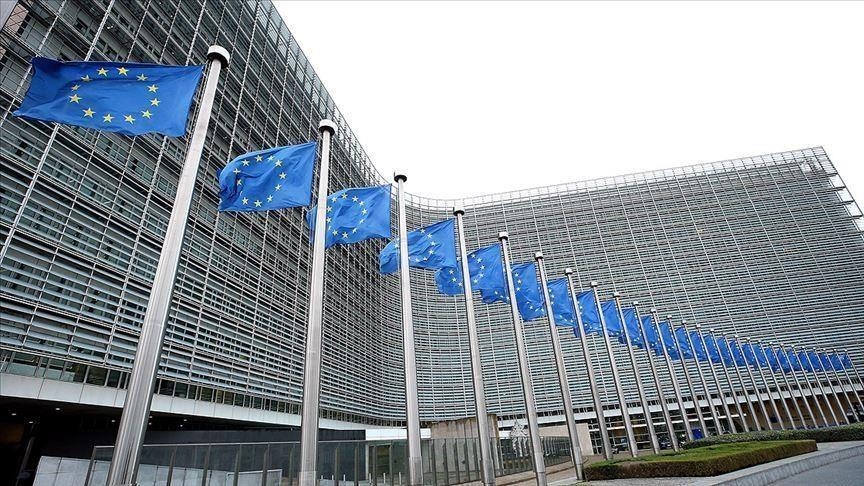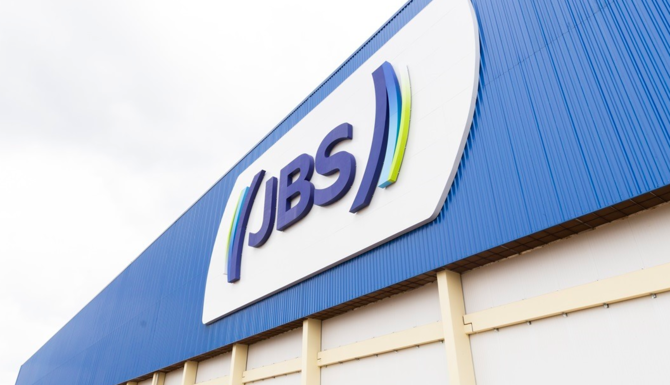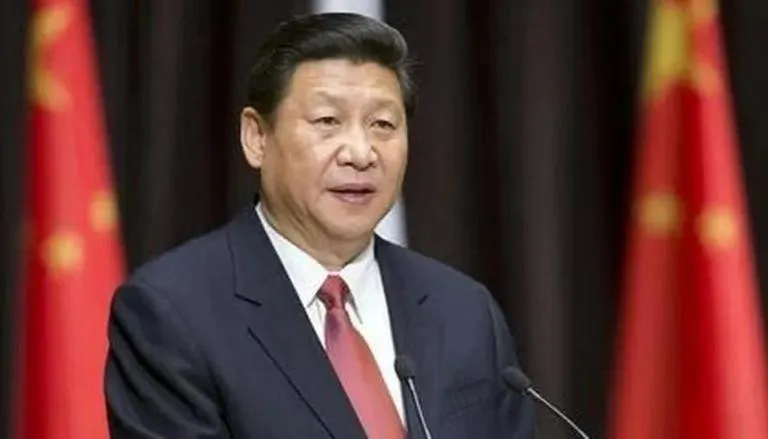The inaugural four-day working tour to Nigeria by members of the Council of Europe’s Africa Working Party (COAFR) has begun in Abuja.
Scheduled to take place between February 26 and 29, 2024, the visit represents a turning point in EU-Nigeria ties as COAFR leaders interact with different stakeholders throughout the nation.
Representatives from all 27 EU member states make up COAFR, which is entrusted with directing EU foreign policy towards sub-Saharan Africa, the African Union, and other regional institutions.
According to a statement released on Sunday by the European Union in Nigeria, the party works with the Commission and the General Secretariat of the Council under the direction of the Foreign Affairs Council (FAC) of the European Union. It is chaired by a permanent member of the European External Action Service (EEAS).
The Ministry of Foreign Affairs, the Office of the National Security Advisor, and the Ministry of Budget and Economic Planning are just a few of the important federal government ministries and agencies that COAFR delegates will be meeting with in Abuja. The statement went on to say that interactive meetings with the ECOWAS Commission will shed light on integration procedures and regional trends.
COAFR intends to meet with officials of the European Business Chamber (EuroCham) Nigeria, Consuls General of EU Member States, and Governor Babajide Sanwo-Olu in Lagos.
In order to strengthen talks on strengthening the EU-Nigeria collaboration, the group will also visit EU-funded initiatives with an emphasis on digital innovation, key infrastructure, connectivity, and migration.
The statement notes that this is the group’s first-ever working trip to Nigeria and that officials from EU institutions will be joining them in addition to representatives of 17 EU Member States.
Recent high-profile visits by top EU officials to Nigeria demonstrate the EU’s increased engagement with the country and emphasise how crucial the EU-Nigeria collaboration is. The statement brought to mind that a team from the EU-Nigeria Strategic Dialogue Meeting in Abuja in October was led by EU Commissioner for International Partnership Jutta Urpilainen and her energy equivalent, Kadri Simson.
“Prior to their visit, Helena Konig, the Deputy Secretary General of the European External Action Service (EEAS), and Rita Laranjinha, the Managing Director, of Africa at the EEAS, had also been in the country.
“This followed the visits in 2022 by Margrethe Vestager, the European Commission’s Executive Vice President, in February, the EU and Member States Maritime Security Coordinators in April, and senior officials of the European Commission responsible for Energy and Home Affairs,” the statement reads.
To strengthen their cooperation, the EU and Nigeria decided on a more comprehensive political framework called the EU-Nigeria Joint Way Forward in 2008.
In the broader framework of the EU’s ties with the African, Caribbean, and Pacific (ACP) countries, the agreement sets the principles, norms, and priority areas for greater political discussion and collaboration.


 Sports2 days ago
Sports2 days ago
 Metro2 days ago
Metro2 days ago
 Metro24 hours ago
Metro24 hours ago
 Culture2 days ago
Culture2 days ago































